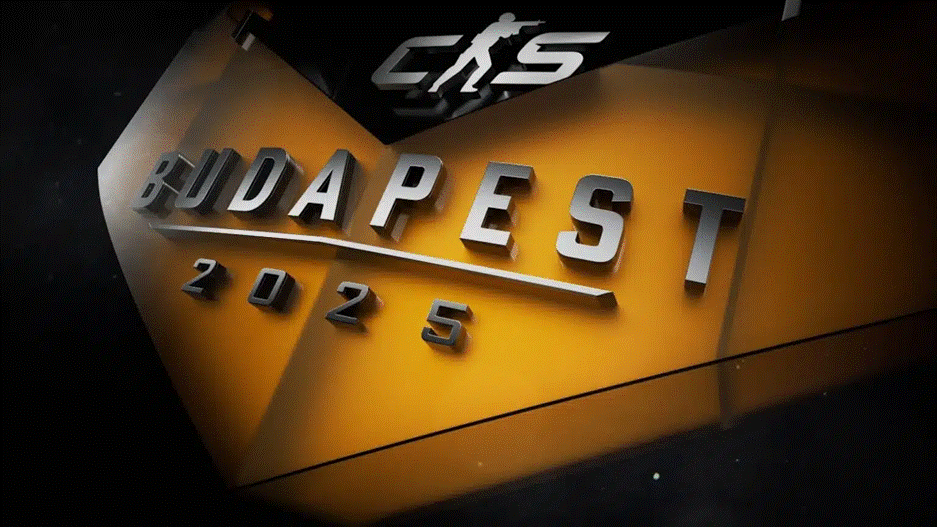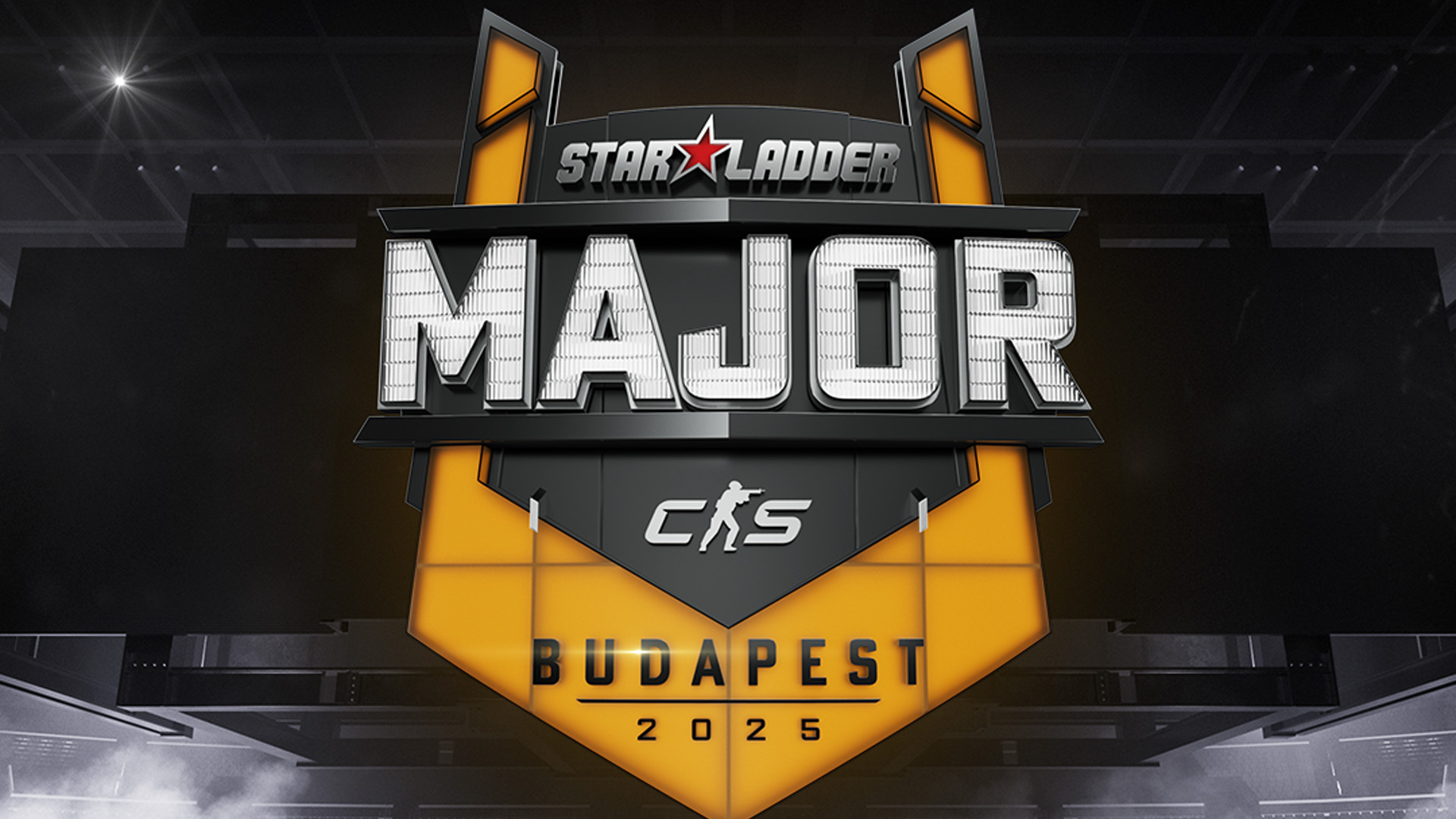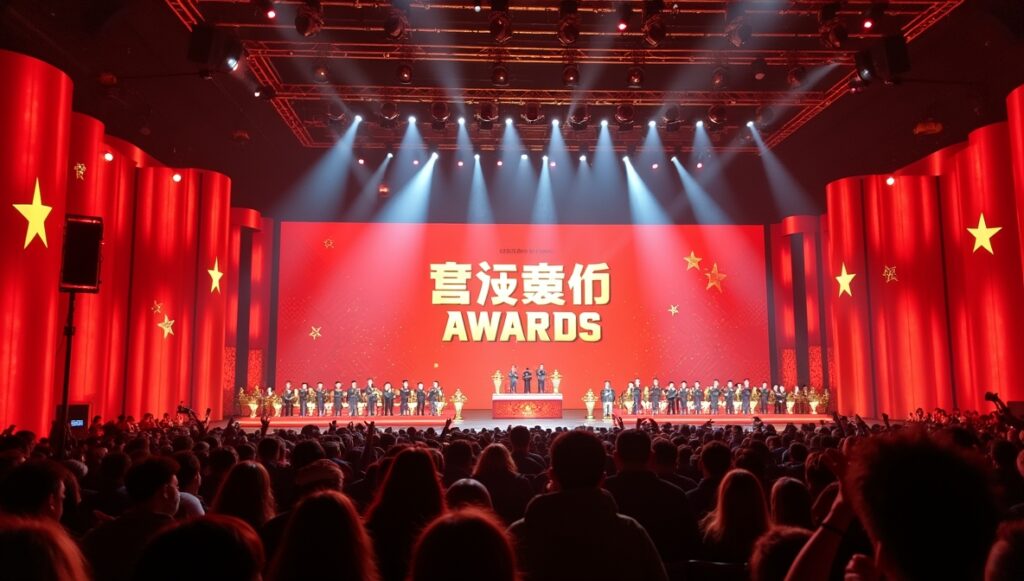Valve announces updated regional slot distribution for the StarLadder Budapest Major 2025, with changes influenced by BLAST.tv Austin Major results. Learn how Europe, the Americas, and Asia are impacted ahead of the next CS2 Major.
Valve has officially announced the regional invite allocation for the StarLadder Budapest Major, the second Counter-Strike 2 (CS2) Major of 2025. The revised distribution of slots across Europe, the Americas, and Asia follows the competitive outcomes of the recent BLAST.tv Austin Major, and reflects a shift in regional performance dynamics.
According to the latest Major Supplemental Rulebook, Europe remains the dominant region, but with slight changes in its slot count. The region has been awarded five invites for both Stage 2 and Stage 3 of the Budapest Major. This marks a decrease in Stage 3 slots, as Europe previously held six.
Meanwhile, the Americas have gained one Stage 3 spot, now totaling two slots for both Stage 2 and Stage 3. This improvement likely stems from the strong showing by Brazilian teams like FURIA and PaiN Gaming, both of whom secured top-eight finishes at the Austin Major. As a result, the region’s recent performance has translated into increased representation in the upcoming Major.
Conversely, Asia has made significant gains in Stage 2, receiving one invite; a notable development, as the region had no Stage 2 slots in the previous cycle. Asia also retains one slot in Stage 3, maintaining its presence on the global stage.

Here’s a breakdown of the current Stage 2 and Stage 3 allocations:
- Europe: 5 slots for Stage 2, 5 for Stage 3
- Americas: 2 slots for Stage 2, 2 for Stage 3
- Asia: 1 slot for Stage 2, 1 for Stage 3
The Stage 1 invites, 16 in total, are still marked as TBD, with Valve yet to finalize or disclose the exact distribution breakdown for those early-entry spots.
In addition to the slot allocation, Valve has introduced new rules regarding roster stability for invited teams. Once a team receives an invite, its roster must remain unchanged, with the five players registered at the time of the invite considered the team’s core. Organizations are permitted to register one substitute player, but only if their inclusion doesn’t affect the regional designation of the team’s lineup.
“The registered roster must match the invited roster,” Valve clarified. “The registered roster may optionally include one substitute player that, were they to replace any core player, would not alter the Regional Assignment of the Core Lineup.”
This rule aims to preserve the competitive integrity of each region’s representation and ensure that teams don’t exploit roster swaps post-invite to manipulate regional allocations.
Notably, Valve also recently introduced a new sub-region within the European VRS, though further details on how this will impact future Majors are yet to be fully disclosed.
With shifting dynamics between regions and new roster regulations in place, the Budapest Major promises to be a tightly contested showcase of global CS2 talent, reflecting both historical pedigree and recent upsets in the evolving esports landscape.
Read the latest game tournaments and eSports news via Tournova.









